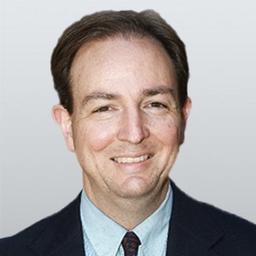Commentary
According to social scientists, traditional religiosity is in decline in contemporary America. Fewer Americans identify as members of long-established churches. Fewer Americans attend religious services on a weekly basis than in generations past.

